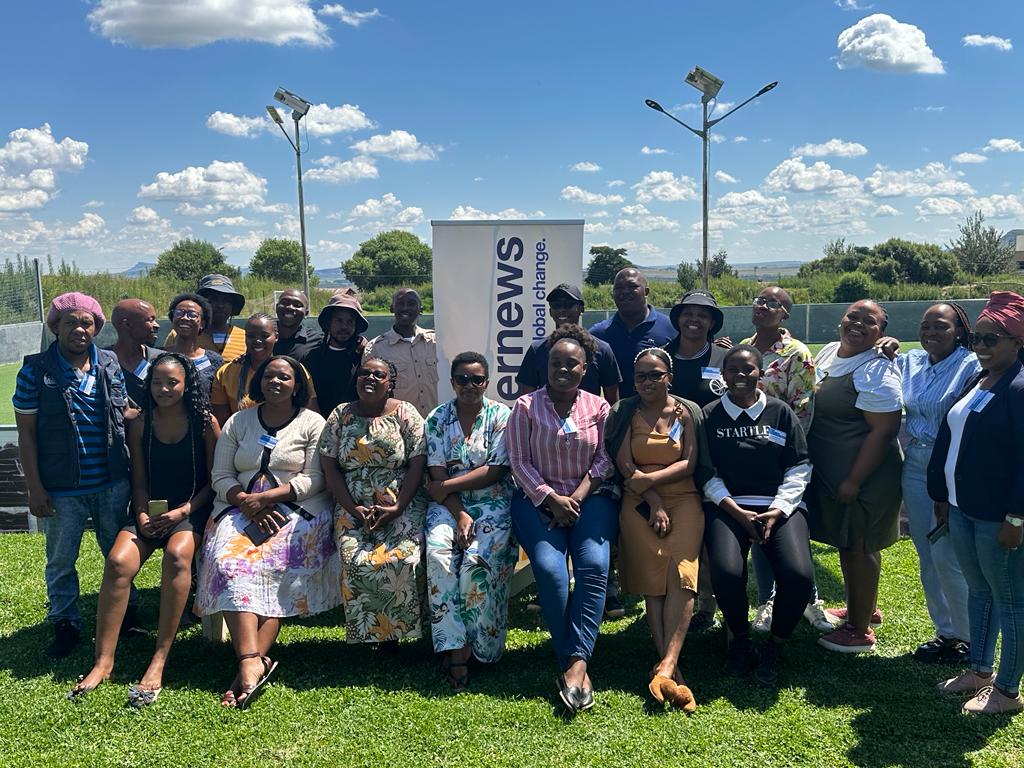Mohloai Mpesi
Internet shutdowns are a common tactic that governments use to suppress dissent and quell unrest, Tawanda Mugari, told journalists during a workshop on Tuesday.
When there is an internet shutdown, communications are stifled and popular messaging like Facebook, Twitter, and WhatsApp fail to connect.
The practice of shutting down the internet is considered by human rights activists as a human rights issue as they argue that internet shutdowns constitute a violation of freedom of expression and assembly.
During the ongoing workshop, aimed to equip journalists with tools to mitigate the impact of the shutdown, different speakers are unpacking the safety tools that journalists can use during the internet shutdown.
Lead facilitator, Mugari told the journalists that the internet shutdown down is mostly carried out by the authorities during political instability and or elections wherein the government endeavours to put the situation under control.
He said there are three stages of shutdown – throttling, partial, and kill switch internet shutdown.
“During internet shutdown, there is no breath of internet, there is kill switch which happened in Swaziland, Zimbabwe, Tanzania where one has no ounce of the internet to access any internet platform.
“There is partial shutdown where they shut down certain applications like Twitter, WatsApp, Facebook, and others. It is a selective way of shutting down the internet. It can also go by zones or districts so that the rest of the country is not aware of what is happening in a certain district.
He also mentioned there is also throttling kind of shutdown and it is the kind that very few people can identify when the internet has been throttled.
He said this is when the speed is being deliberately slowed down.
“Sometimes it’s because they don’t want people to download large files,” he said.
“By throttling the internet, the government makes it difficult for people to send videos or large files so that there is no evidence circulated in the social media,†he added.
If the throttling does not effectively work as planned, the government moves to partial shutdown where it blocks phone applications such as WhatsApp, Twitter, and Facebook in a bid to block any form of communication.
“The next step that the government use is a killer switch, at that point no technology in the infrastructure that is owned and regulated by the government can help you in terms of accessing the internet,” he said.
“This is where some alternative technology comes in; the use of the satellite and it has no link with the government’s infrastructure,” he added.
According to Befekadu Hail, from the Advancements of Rights and Democracy (CARD) in Ethiopia, the internet shutdown cripples the work of journalists as their work becomes inaccessible.
Hail said the shutdown paralyses the media’s economy as the audience deteriorates due to the lack of access to information.
Ethiopia’s Tigray region’s has been going through the internet shutdown for a period of over two years.
At the end of 2022, the region had 765 days of internet shutdown.




